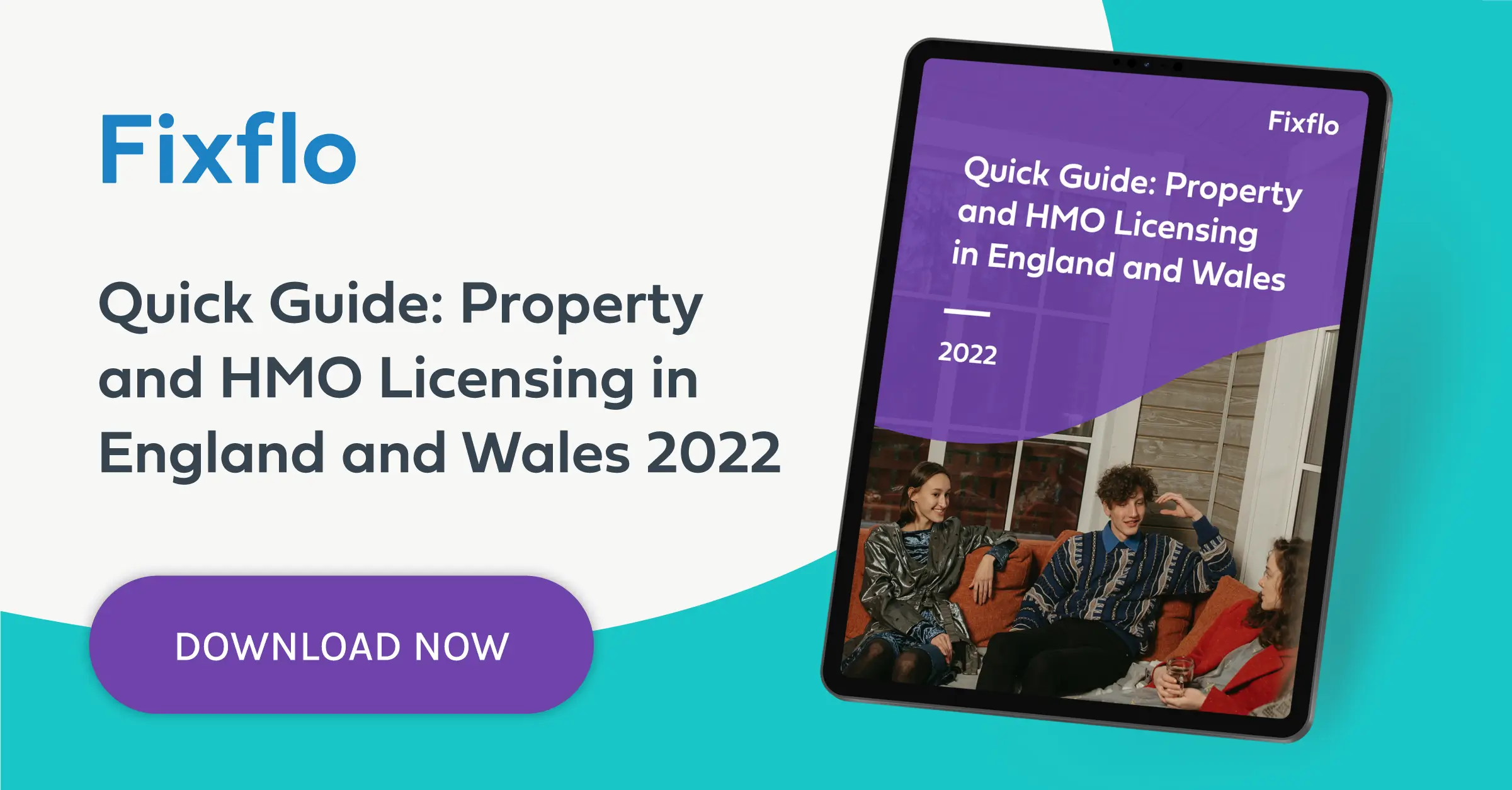HMO property licences: What are the penalties?
Houses in multiple occupation (HMOs) play a central role in meeting the country's housing needs. They offer accommodation that is typically cheaper than other private rental options and is an affordable option relied upon by groups like students, young professionals and migrant workers.
They are now the second-largest tenure in the UK and provide a home for around 4.5 million households in England. There were an estimated 497,884 HMOs in the UK at the start of 2021.
With the number of HMOs on the rise, in 2018 the government recognised the need to make sure that landlords do not exploit their tenants, and enforced a mandatory licensing regime in England.
What is a HMO?
Under the Housing Act 2004, a property constitutes a HMO if:
- It is rented to 5 or more people who form more than 1 household.
- Some or all tenants share toilet, bathroom, or kitchen facilities.
- At least 1 tenant pays rent (or their employer pays it for them).
In this case, the landlord must apply to their local authority for a licence to operate an HMO. There are strict requirements and conditions to adhere to in order to be granted a licence. For example, the house must be suitably sized for the number of occupants, and the landlord or agent has to be considered ‘fit and proper’. That excludes anyone with a criminal record or who has breached landlord laws or codes of practice.
Before 1 October 2018, not all HMOs needed to be licensed. Following this, requirements were expanded to include a number of new buildings that were previously exempt from the legislation. Landlords are now obliged to ensure tenants’ bedrooms meet minimum size criteria and that tenants comply with local waste disposal schemes.
Since these changes were introduced, councils have been cracking down and fining landlords for letting homes without the proper licence in place. Many councils operate additional licensing schemes, where some properties of under five residents from more than one household* will also require an HMO licence. Licensing requirements vary from council to council, so you should always check. The potential penalty is not worth the risk.
* In these circumstances, a household is defined as a single person, married or cohabiting couple, or members of the same family.
What are the penalties for incorrect licensing?
Unlimited fines
It’s commonly believed that the maximum fine for renting out an HMO without a licence is £20,000, but the reality is that it’s unlimited. And councils aren’t holding back: Barnet council issued £49,900 worth of fines in the first half of 2019. One rogue landlord in Birmingham faced over £180,000 in fines for breaches relating to HMO licences.
If you’re unsure whether or not you require an HMO licence for your property, contact your council as soon as possible. Most councils will give landlords 28 days to secure a HMO licence before they begin legal proceedings (though this does vary on a case-by-case basis).
Rent repayment
If a landlord has been renting out their home without the correct licence, their tenants can claim a rent repayment of up to 12 months, depending on the duration of their tenancy. Five students who took their landlord to court recently won back £15,000 of their rent money — all down to an improperly licensed HMO.
Criminal conviction
Renting out a property without the right HMO licence is now a criminal offence and, under the most severe penalty, could lead to a criminal conviction. As councils are toughening up in this area, it’s not unlikely that repeat offenders will face jail time. In extreme cases, the council could also revoke the landlord’s property licence and take control of the property themselves via a management order.
How can I avoid penalties?
HMO licensing is a complicated subject, and it’s important to stay on top of the ever-changing legislation, as the penalties for getting it wrong (as evidenced above) are severe.
Read our guide to HMOs and property licensing to avoid falling foul of the penalties for non-compliance.
If you’re still unsure about whether your property is correctly licensed, ask your local council for guidance or seek advice from a specialist company.
BLOG DISCLAIMER
This article is intended for information purposes only and does not constitute legal advice. If you have any questions related to issues in this article, we strongly advise contacting a legal professional.
These blog posts are the work of Fixflo and are licensed under a Creative Commons Attribution-ShareAlike 3.0 Unported License. In summary, you are welcome to re-publish any of these blog posts but are asked to attribute Fixflo with an appropriate link to www.fixflo.com. Access to this blog is allowed only subject to the acceptance of these terms.

